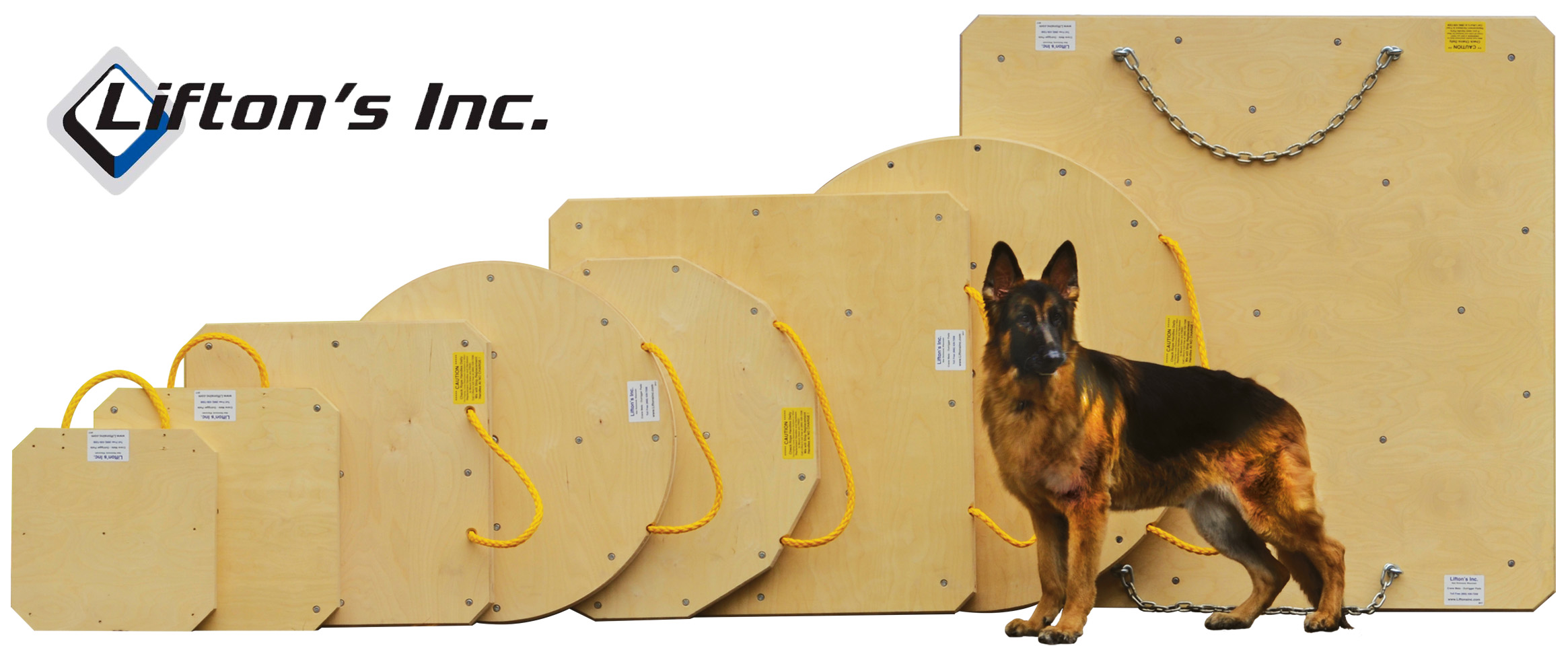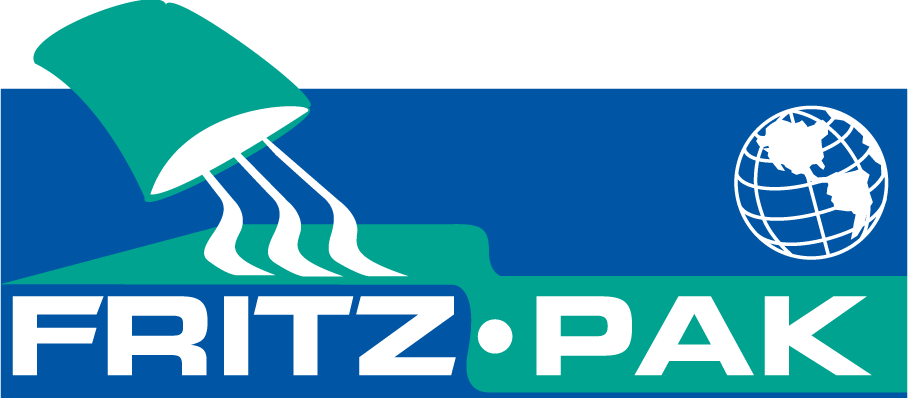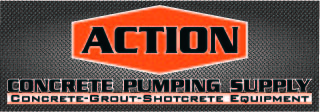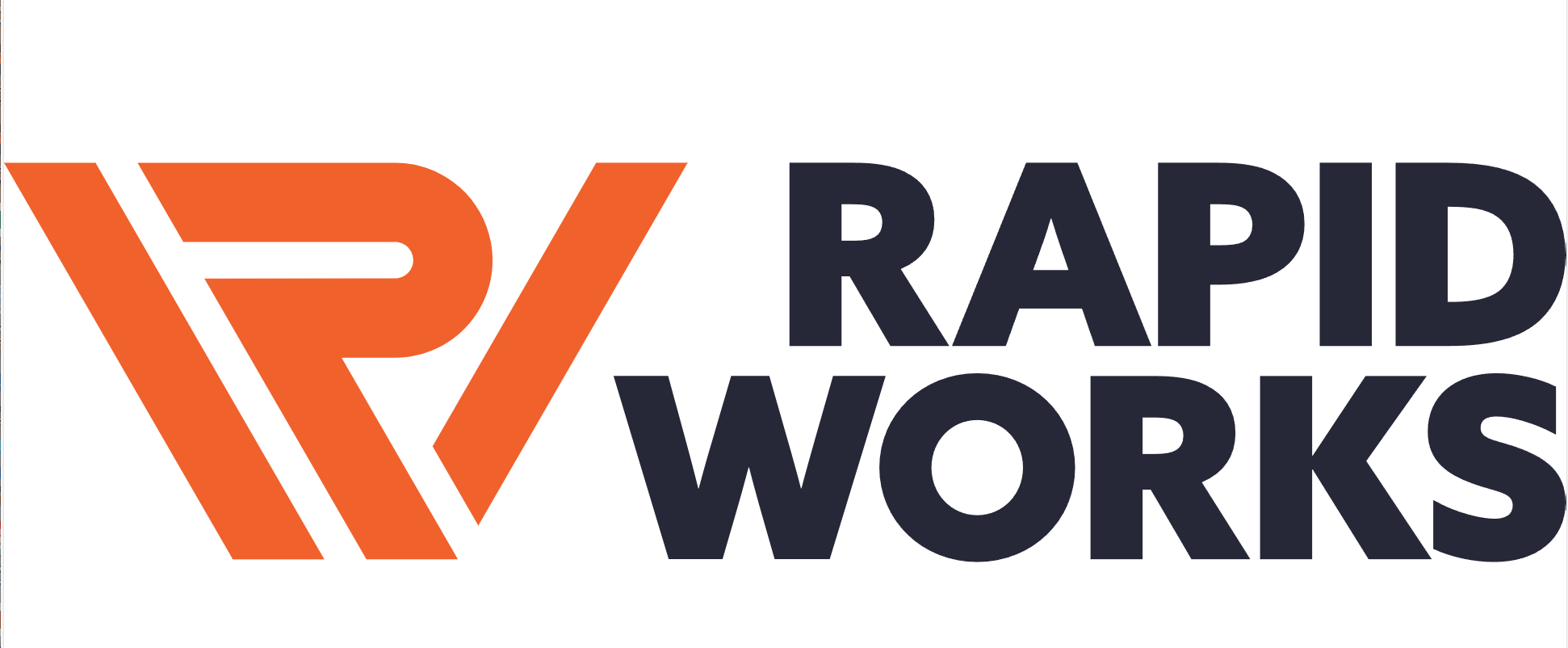| Bob | 02-12-2007 | comment profile send pm notify |
|
In an earlier post a question was raised as to out specific liabilities as it relates to our co-workers. I would, before trying to address some of those issues, first and foremost urge you to consult a local lawyer that specializes in that field. Local because those laws are state specific. What I would address is not so much our legal liability as a way to decrease our liability, and injury, to ourselves and our co-workers. Safety glasses may be the most important piece of PPE that you can wear. Eye injuries are tragic and the results can be life long. Our eyes are a main source of information, and to do with out one or both, or even to have them function at less than optimum capacity is a lifetime disability. You are not responsible for insuring that members of the finishing crew are wearing their safety glasses. At the same time it is to your benefit for them to be worn. If you have an extra pair in your pump why not let the hose man wear them on those days when, as you can clearly see, the mud is splattering in his face. Like most things in life, if it helps him it helps you. If he doesn’t want them, at least you tried. Hard hats are pretty much mandatory on all commercial work. The fact that they are is always good news for the operator. Anyone, no matter how long he has been operating a pump, can have a bad moment and hit a member of the crew with the hose. Those residential jobs are sometimes less concerned with wearing hard hats. Many times you, the operator, will be the only person with a hard hat on that job. Don’t ‘go along to get along’ and take yours off. You are the only person on that site that can run that pump; if something happens to you everyone is in trouble. Keep it on while outside the cab. Since you are the lone hard hat wearer, you must use extra caution while operating around all those empty heads. Don’t use end hoses with fittings on the discharge end. Before we (modern man) invented guns, our preferred method of warfare was to swing heavy objects and, if at all possible, hit your opponent in the head. That would usually stop the fight then, and sure as hell will stop the pour now. Only use hoses with bare rubber discharge ends. Do not use a hose with a big fitting on the discharge end of your tip hose. If you do, and you nail someone with that fitting, you will find out all about liability; yours! Not allowing the hose and or reducer to fall on anyone is always a good idea. Make sure your safety strap, or straps (remember 1 item hanging/1 strap – 2 items hanging/2 straps) are installed correctly so as to not allow the item to come loose or drop too far if it does. Don’t attach your safety strap to the steel portion of the hose; these items wear from the inside-out and may part during the pour. Attach your safety strap to the hose body its self. Duct tape it in place if need be. Insure that it is secure and in a position to quickly halt the fall. When attaching safety straps to the boom use a shackle of adequate strength. Do not use “quick or snap” couplings. Use a shackle that has a threaded, mechanical tightening clevis. Make sure that it is tight. Check it on a scheduled basis. Safety pins in all of your clamps are another must. This includes all of the clamps on your boom as well as any clamps on any suspended item. This is the operator’s responsibility. If you do not do this you are opening yourself, and your company, to unwanted and unnecessary legal problems. A safety pin that costs $1.00 and takes seconds to install is certainly worth the time, effort and expense. It can save a life, and a company. Special pours are, or should be, a warning sign. ICF walls or deep regular walls often require some ‘special discharge device’. Reducing hoses or wall pipes are two examples. All of the regular rules are in force, plus the added responsibility of insuring that these items are kept vertical, do not plug and while feeding into the wall or column they do not catch on a re-bar or wall tie and slam into a head, or crush a hand. Special pours require special attention from the operator. |
||
| Russ | 02-12-2007 | reply profile send pm notify |
|
Bob, Good Post, as operators i feel it is one of our main jobs to ensure the saftey of the pour. That machine you are running doesn't discrimate who it will and could harm or kill. Unless you are a rookie and just don't know(then you should not have been turned loose yet)--we all know how to be safe and set up pumps correctly-safety gear etc. We have to choose wether we want to act in a manner that promotes saftey or take shortcuts. Yeah we may get away with a bad setup one day or failure to use a saftey sling --but in the end it could haunt you. EXP-I have a new pump with all the pins still intact. 2 Weeks ago I was pumping and the boom was very close to some branches and a pin got nocked loose. The clamp came undone. Their were 10 finishers standing near where the hose would have fallen. I had a safety strap on and it definitly saved them and me from a very bad day. This time all I had to do was hook the clamp back up and re-pin it/check the safety strap etc. Choose the correct and safe method.
Be Safe Russ |
||
| crete | 02-12-2007 | reply profile send pm notify |
|
As an owner operator (telebelt)I always keep a box of new safety glass in the cab of the truck.If the hose man is not wearing a pair I always offer them. First time somebody get's crete in the eyes they ask for that pair of glasses only after somebody has to run back to the truck and get them. Easyer to put them on before you start because it's very hard to get though the whole pour without someone getting it in the eyes. We to mostly residencial work.Terry from WI. |
||
| Bob | 02-12-2007 | reply profile send pm notify |
|
You 'belt' guys would be deep in it if you didn't have lots of safety pins. Half of your machine is held together with them. I always ask the hose man if he wants glasses. I think that this should be standard procedure. They can be bought for no more than $1.75 ea, and they are worth their weight in gold - or can be. In stead of NOT doing it.................... why not turn them into a profit item........... sell them (add to ticket) for a few $$$. |
||











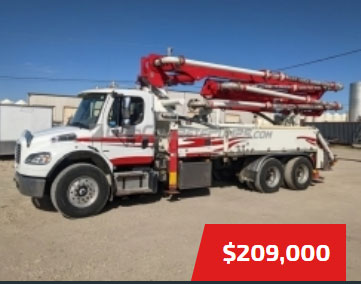

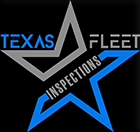
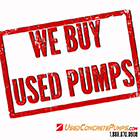

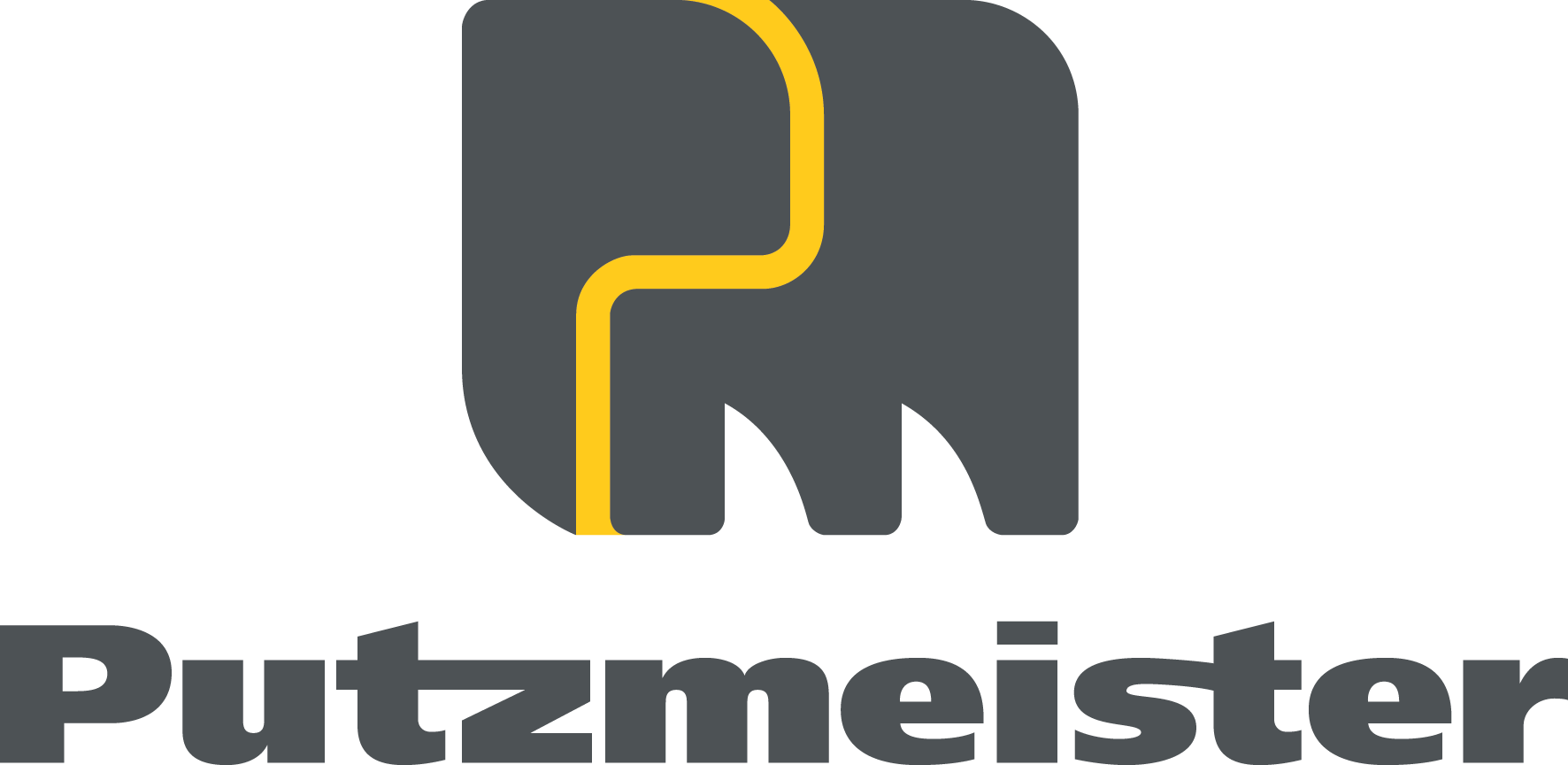



.jpg)
.gif)

.jpg)









.jpg)
